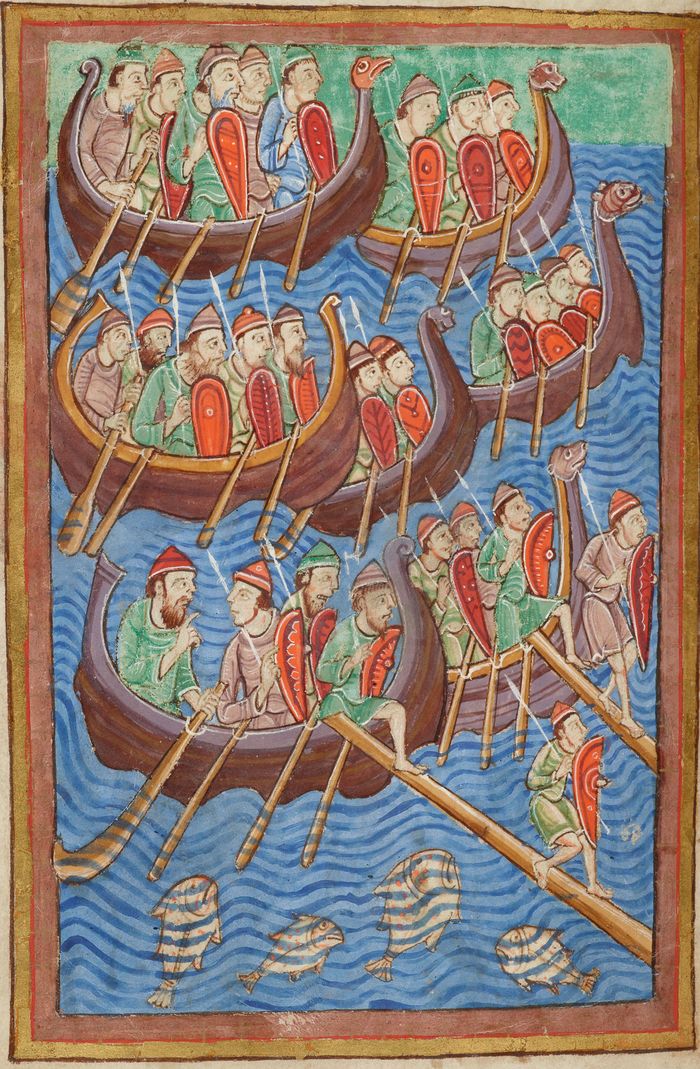Between the age of Elizabeth and that of Anne there is little to record. With the advent of Addison and Defoe a new epoch opened. Addison has so long been praised as a stylist that it is time we remembered him as a story writer. His narratives in The Spectator are among the very best specimens of their kind in English literature. And to Defoe is due the credit not only for his epoch-making Robinson Crusoe, but for his remarkable realistic tales, The Cock-Lane Ghost and The Apparition of Mrs. Veal.
The little moral tale, as told by Addison and Steele, was taken up by Hawkesworth, Johnson, and Goldsmith, while even the novelists (in particular Laurence Sterne) delighted to break the thread of their long narratives in order to introduce episodes that are true short stories. By the end of the Eighteenth Century there were comparatively few writers who did anything with the story, and although Scott and Dickens wrote brief narratives, and an occasional Lover or Carleton devoted his life to the exploitation of character in the briefer narrative form, it was not until after the middle of the Nineteenth Century that the short story came into its own. The second half of the last century, not only in England, but throughout Europe and America, was an age of great fiction—both in the novel and the short story.
There is no use in repeating the names of the great story writers of modern times; it is enough to say that nearly all the novelists of Victorian and later days wrote short tales as well as long ones.
In more recent times we have seen the development of the short story in the hands of specialists, like Kipling and Morrison, Jacobs and Merrick, writers who regard the story as an independent literary form deserving a life-time of application and care.
Grendel`s Raid (Anonymous: About 7th Century, A.D.)
The poet who wrote the first important extant specimen of Anglo- Saxon literature was probably an inhabitant of Anglia, and except that he wrote Beowulf late in the Seventh Century or early in the
Eighth (not later than 752), we know nothing of him. Apart from its intrinsic merits, Beowulf is the “oldest surviving epic of any Teutonic people.” It is partly mythological, but it does contain a certain amount of historical fact. The grim tale here included is a crude but stirring narrative.
The present version, translated from the Anglo-Saxon by J. R. C. Hall, is from Beowulf and the Finnsburg Fragment, published in London in 1911 by George Allen and Unwin, by whose permission it is here reprinted. There is no title in the original.
Read More about John of Damascus part 28








